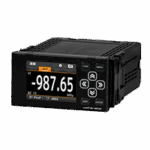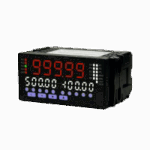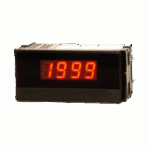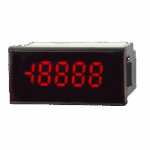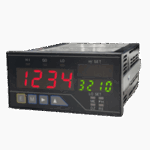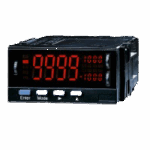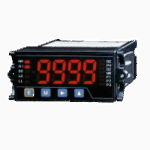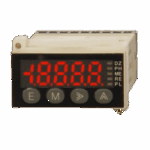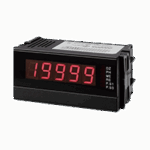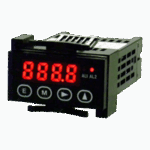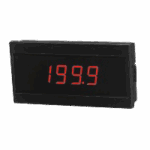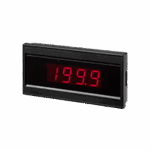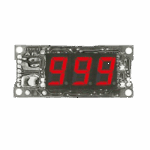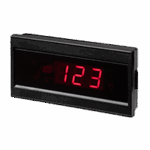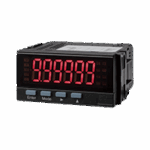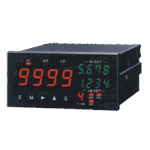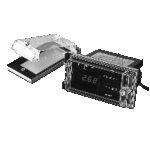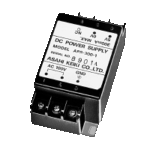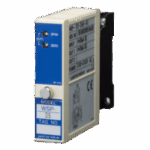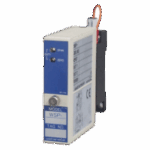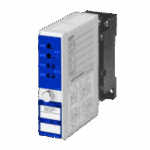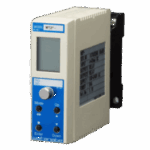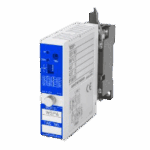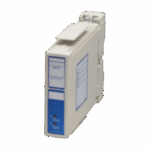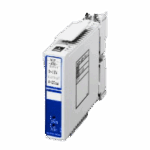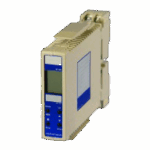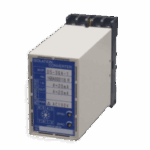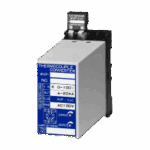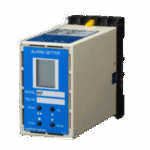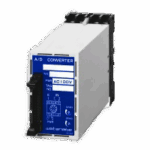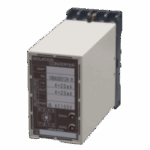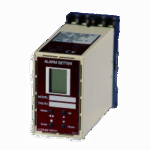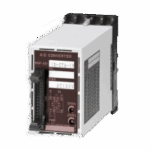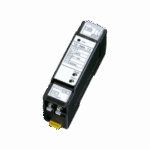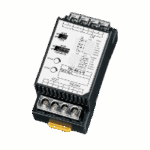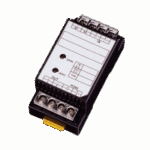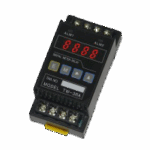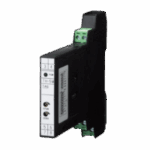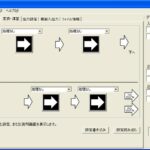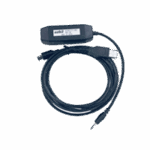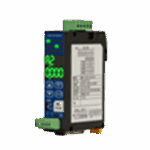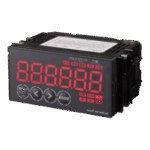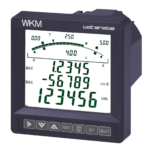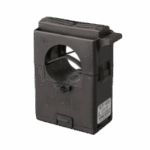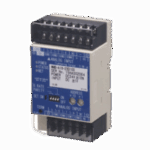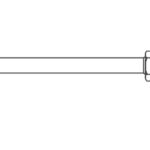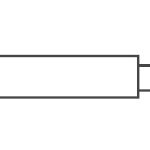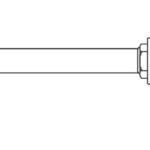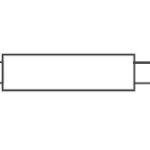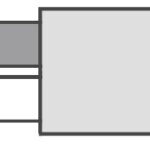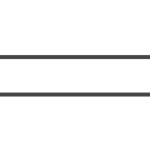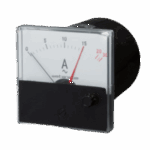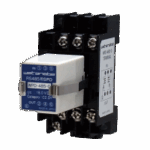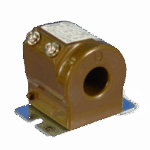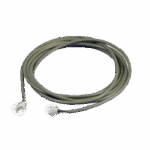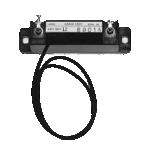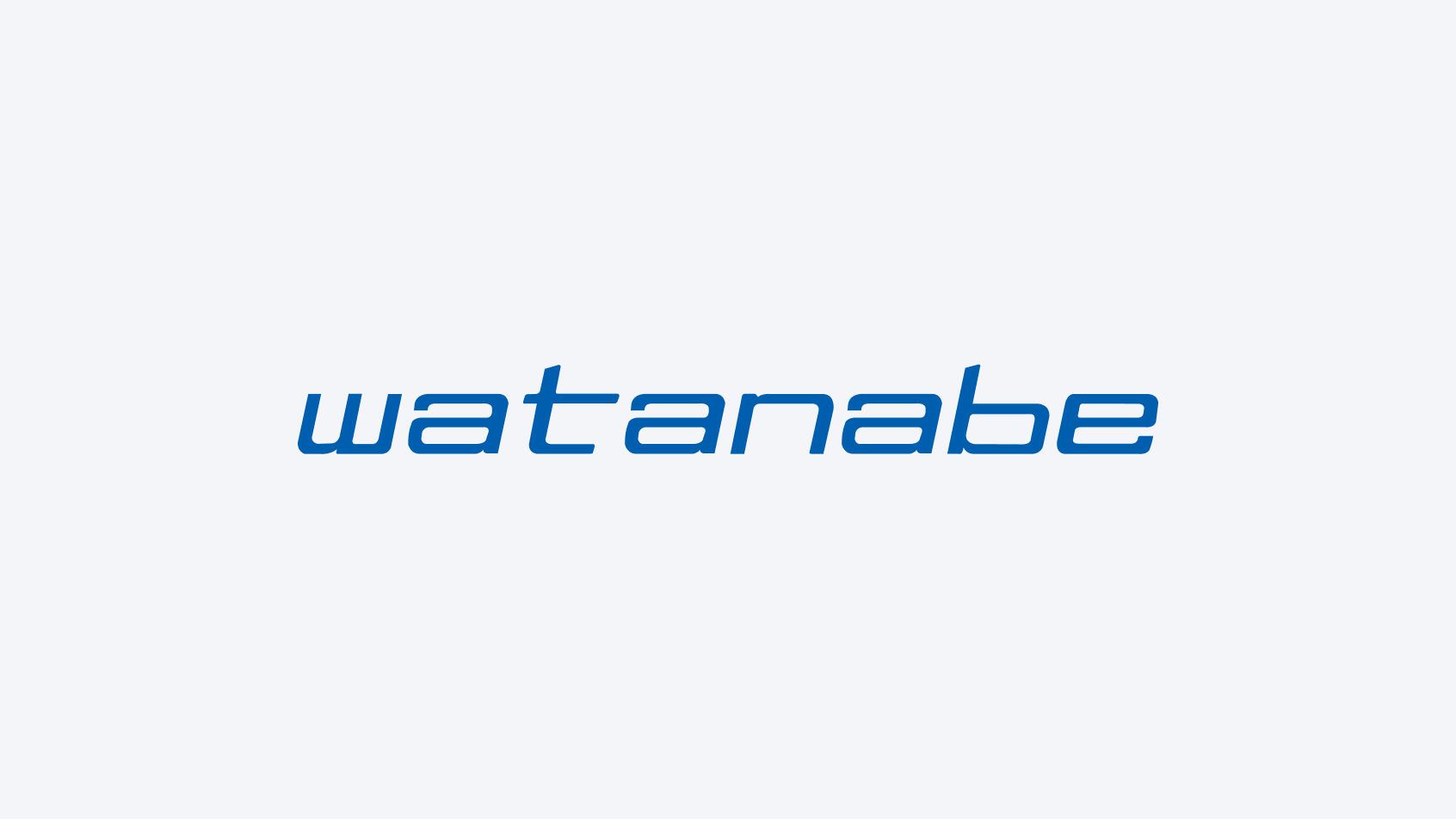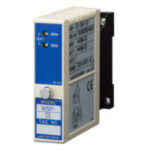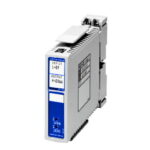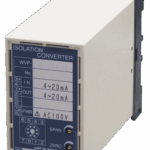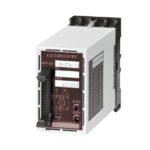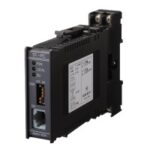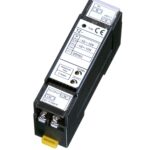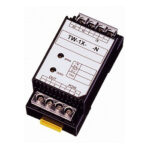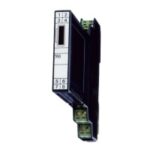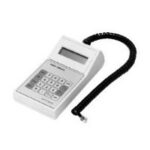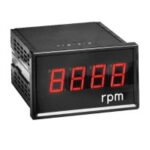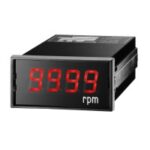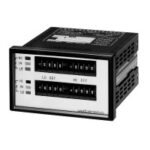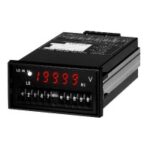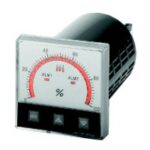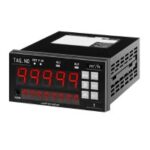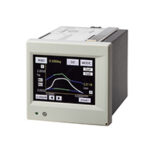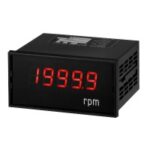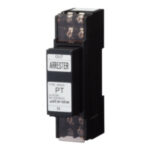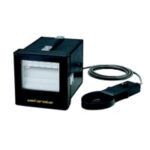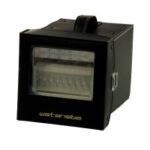Building an Environmental Management System
On March 19, 2007, we acquired ISO14001:2004 certification with the aim being a corporation which takes the environment into consideration at all times. We built an environmental management system, and use of this system was started in the company from November 1, 2005, and resulted in the acquisition of the certification.
In an environmental management system, in order to achieve “protection of the global environment by reduction of environmental impact” which is advocated in the basic environmental philosophy and environmental policy, we have continuously taken actions towards the reduction of environmental impact through our business activities and products.
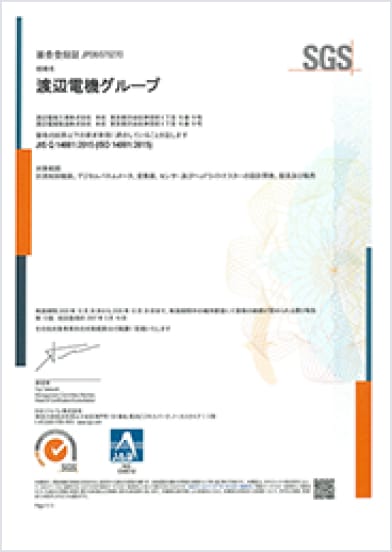
Basic Environmental Philosophy
We recognize that preservation of the global environment is an important issue common to mankind, and we will contribute to the realization of a society which is able to maintain development while protecting nature.
Environmental Policy
- Continuously aim for reduction of environmental impact, as a manufacturer of measurement and control instruments.
We will promote the saving of resources and recycling, striving for the prevention of environmental contamination in each phase of the life cycles of research of the products, development, production, sales, service and disposal. - Contribute to the protection of the global environment through technical creativity.
The intention of our company is to always develop state-of-the-art technology, and strive for the development and sales of environmentally harmonized products. - Comply with laws and ordinances, regulations and other restrictions concerning the environment.
We believe that it is important to be recognized as a member of the community, follow the rules and strive for the realization of an environmentally sustainable society. - All employees understand the environmental policy, and recognize their own responsibilities before taking any actions.
The employees of our company understand the environmental policy, and will strive for realization of the policy in their daily business activities.
Watanabe Electric Group’s efforts
We have established “Environment Priority Management Items” and are implementing environmental initiatives company-wide.
Environmental Priority Management Items
- Sales of environmentally friendly products and improvement of sales productivity
Market introduction of new IoT products to reduce environmental impact - Development of IoT-compatible devices and services
Environmentally friendly production with simultaneous improvement in productivity and quality - Reduction of loss costs across the entire company
- Identification of loss costs in development, manufacturing, and sales, and promotion of reduction measures
- Control of electricity consumption
- Raising employees’ environmental awareness
Calculation of company-wide CO₂ emissions and monthly publication of results within the company
About the efforts to the RoHS Directive
What is the RoHS Directive?
The RoHS Directive is a directive that restricts the use of specific hazardous substances in electrical and electronic equipment distributed in the EU.
It was promulgated in the Official Journal of the European Union on February 13, 2003 and came into effect on July 1, 2006. (Hereafter referred to as RoHS1)
RoHS2 Directive
After the enforcement of RoHS1 (2002/95 / EC), problems such as unclear scope of application and difficulty in distinguishing target products became apparent.
The newly revised RoHS Directive was promulgated and enforced in July 2011.
As a result, the former RoHS Directive (2002/95 / EC) was abolished on January 2, 2013.
It has been replaced by the revised RoHS Directive (2011/65 / EU) from January 3, 2013. (Hereafter referred to as RoHS2)
Points of revision
(1) Expansion of target products: All electrical and electronic products are targeted
(2) CE marking: CE declaration and technical document preparation and storage required
RoHS2 Directive: Expansion of restricted substances
From July 22, 2019, the restricted substances have been expanded to 10 substances.
RoHS2(2011/65/EU , (EU)2015/863)
2019/7/22~
Restricted substances (10 substances)
| Lead (pb) | 1000ppm or less |
|---|---|
| Mercury (Hg) | 1000ppm or less |
| Cadmium (Cd) | 100ppm or less |
| Hexavalent chromium | 1000ppm or less |
| Polybrominated biphenyls (PBB) | 1000ppm or less |
| Polybrominated diphenyl ethers (PBDE) | 1000ppm or less |
| Bis (2-ethylhexyl) phthalate (DEHP) | 1000ppm or less |
| Butyl benzyl phthalate (BBP) | 1000ppm or less |
| Dibutyl phthalate (DBP) | 1000ppm or less |
| Diisobutyl phthalate (DIBP) | 1000ppm or less |
